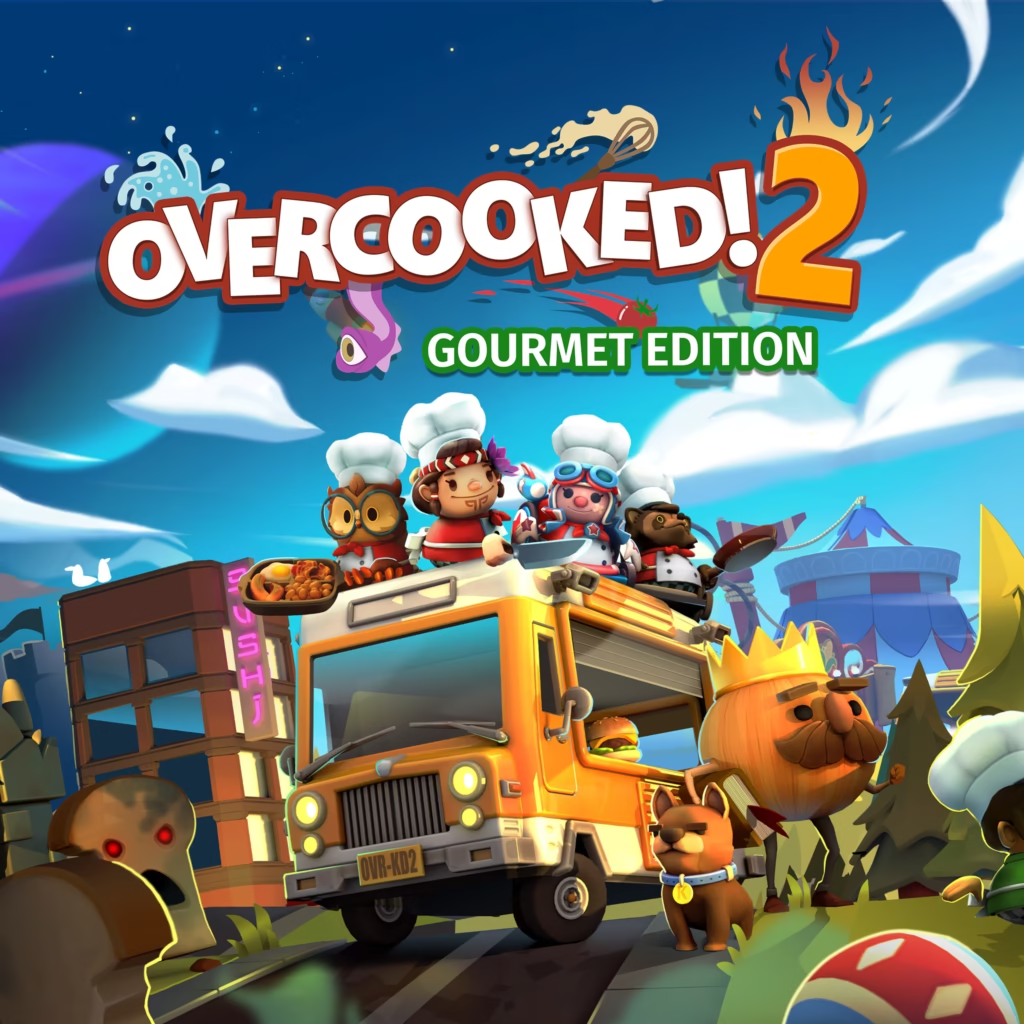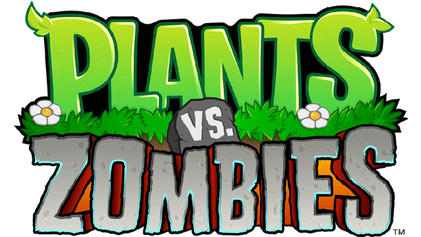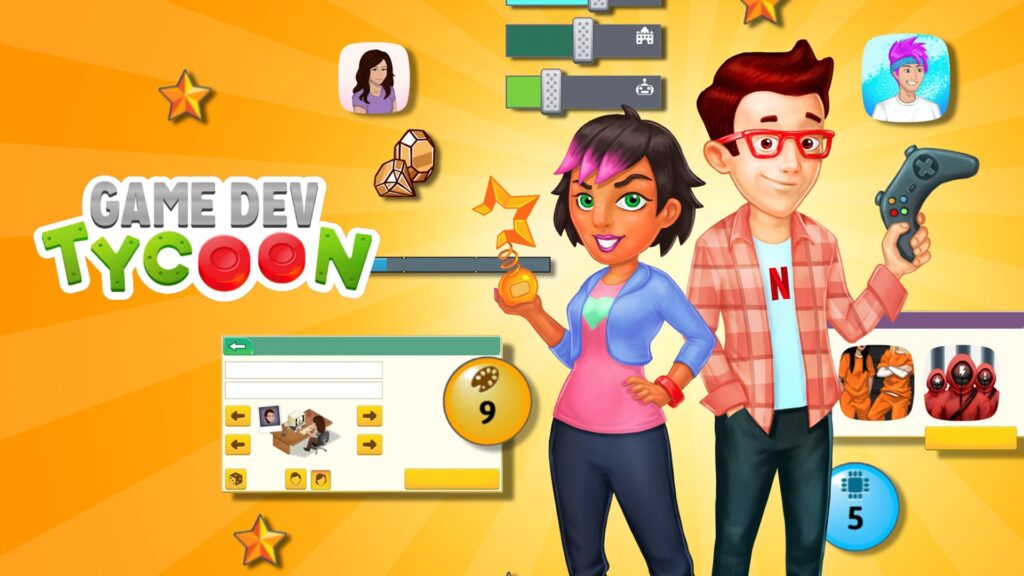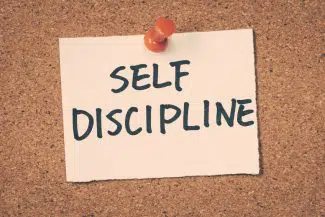Time management is a crucial skill in both personal and professional life. Whether you’re juggling work tasks, school assignments, or household responsibilities, managing time effectively can make a huge difference in productivity and stress levels. However, learning time management techniques can sometimes feel overwhelming or boring.
But what if you could improve your time management skills while playing games? That’s where time management games come in! These engaging games challenge players to prioritize tasks, make quick decisions, and optimize efficiency—all in a fun and interactive way.
Whether you’re a student struggling with deadlines, a professional looking to enhance productivity, or just someone who enjoys strategy-based challenges, time management games offer a unique way to sharpen your organizational skills. These games simulate real-world time constraints, helping players develop focus, problem-solving skills, and resource management abilities—all while having fun.
In this guide, we’ll explore:
- The benefits of time management games
- The best time management games available for different platforms
- How these games can improve real-life productivity
- Tips to maximize learning while playing
By the end, you’ll not only have a list of great games to try, but you’ll also understand how they can help you become more efficient in daily life.
Why Play Time Management Games?
Time management games aren’t just about entertainment—they provide valuable lessons in task prioritization, decision-making, and strategic planning. Below are some key reasons why playing these games can enhance productivity in real life.
1. They Teach Prioritization
One of the biggest challenges in time management is learning how to prioritize tasks effectively. Many time management games require players to:
- Complete tasks before deadlines – Just like in real life, players must juggle multiple responsibilities while ensuring everything is completed on time.
- Allocate limited resources efficiently – Whether it’s money, energy, or manpower, players must decide how to distribute their resources wisely.
- Identify the most important activities – Players quickly learn which actions lead to success and which ones waste valuable time.
For example, in games like Diner Dash, players must decide which customers to serve first. Failing to prioritize properly can lead to unhappy customers and lost revenue, mirroring real-life consequences of poor time management.
2. They Improve Decision-Making Under Pressure
Many time management games create high-pressure environments where players must think quickly and make split-second decisions. This helps players develop:
- Faster decision-making skills
- The ability to multitask effectively
- Greater composure under stress
Games like Overcooked! 2 simulate a fast-paced kitchen, where players must quickly prepare and serve meals while managing unexpected challenges. This directly translates to real-life scenarios, such as handling tight deadlines at work or balancing multiple commitments efficiently.
3. They Make Learning Fun
Unlike traditional productivity training, time management games turn skill-building into an engaging experience. The interactive nature of these games keeps players motivated and interested, increasing learning retention and making it easier to apply these skills in everyday life.
4. They Enhance Strategic Thinking
Many time management games require long-term planning and resource allocation, helping players develop a strategic mindset. Whether it’s planning the most efficient workflow in a restaurant or managing a farm’s productivity, these games train players to think ahead, set goals, and make smarter choices.
This skill is especially useful in careers like business management, healthcare, logistics, and project planning, where strategic decision-making is essential.
Read More
Speech on Time Management
Increase Your Efficiency With Soft Skills for A Tutor
Best Time Management Games to Play
There are countless time management games available, each offering unique challenges and benefits. Below are seven of the best ones, categorized by platform and gameplay style. These games will help improve decision-making, prioritization, and efficiency, all while keeping you entertained.
1. Diner Dash (PC/Mobile)

Why It’s Great:
- Players take on the role of a restaurant manager, seating customers, taking orders, serving food, and cleaning tables before time runs out.
- Teaches multitasking, prioritization, and resource management in a fast-paced environment.
- Levels become progressively harder, forcing players to refine their strategy and improve efficiency.
Diner Dash is one of the most popular time management games and for a good reason. The game tests your ability to juggle multiple customers, each with different levels of patience and tipping behavior.
You must balance speed and accuracy while upgrading your restaurant to handle more customers. The pressure to serve customers quickly before they get frustrated makes it an excellent way to practice working under stress.
2. Overcooked! 2 (Console/PC)

Why It’s Great:
- A chaotic cooking simulator where players must coordinate with teammates to prepare meals efficiently.
- Perfect for improving teamwork, delegation, and decision-making under pressure.
- Requires communication and collaboration, as players need to work together in a hectic kitchen.
Overcooked! 2 is an exciting co-op game where players work in a kitchen, preparing complex dishes while navigating obstacles like fires, conveyor belts, and moving platforms.
The game requires you to assign roles efficiently, ensuring that one player chops ingredients while another cooks and serves. Miscommunication leads to failure, teaching players the importance of coordination and planning—skills that are vital in any high-pressure work environment.
3. Stardew Valley (PC/Console/Mobile)

Why It’s Great:
- Players manage a farm, balancing crop schedules, animal care, and community interactions within limited in-game time.
- Encourages long-term planning, goal setting, and daily task optimization.
- Helps develop resource allocation and strategic thinking skills.
In Stardew Valley, players have a limited amount of energy and time each day to complete tasks. They must decide which crops to plant, how to invest money, and when to expand their farm.
The game mirrors real-world time management, where setting priorities and making smart financial decisions are essential for success. It also emphasizes work-life balance, as players must build relationships with villagers while maintaining their farm.
4. Plants vs. Zombies (PC/Mobile/Console)

Why It’s Great:
- A tower defense game where players must strategically place plants to stop waves of zombies.
- Enhances quick decision-making, resource allocation, and strategic thinking.
- Players learn how to prioritize resources and plan defenses effectively.
Plants vs. Zombies may seem like a simple game, but it teaches essential resource management skills. Players must carefully decide where to place defensive plants while balancing limited sunlight (the in-game currency).
The game forces players to adapt their strategy as the levels become more difficult, reinforcing the importance of flexibility and planning ahead—critical skills for real-life productivity and crisis management.
5. Cooking Fever (Mobile)

Why It’s Great:
- Players run various food businesses, upgrading kitchens while handling customer orders.
- Improves speed, efficiency, and organization in task execution.
- Teaches batch processing and workflow optimization.
Cooking Fever requires players to prepare food as quickly and accurately as possible while upgrading their kitchen for better efficiency. This game teaches how to manage multiple tasks simultaneously, ensuring that ingredients are prepared in the right order and customers are served without delay. Players also learn the importance of investing in tools and upgrades to improve efficiency, mirroring real-life workplace productivity strategies.
6. Hotel Dash (PC/Mobile)

Why It’s Great:
- Players manage a hotel, checking in guests, delivering room service, and cleaning rooms efficiently.
- Develops customer service skills, multitasking, and workflow management.
- Requires players to handle high-pressure situations and optimize routines.
Hotel Dash is a fun yet challenging game where players must manage a hotel, ensuring guests have a smooth experience. The game focuses on efficiency and customer satisfaction, requiring players to prioritize tasks based on urgency.
For example, a high-paying VIP guest might need immediate attention, while a regular guest can wait a little longer. This prioritization skill directly applies to real-world task management and client handling in business settings.
7. Game Dev Tycoon (PC/Mobile)

Why It’s Great:
- Players run a game development company, managing finances, research, and marketing.
- Encourages business strategy, resource allocation, and long-term planning.
- Demonstrates the importance of market trends and innovation.
Game Dev Tycoon is a business simulation game where players start as independent developers in their garage, gradually expanding into a major game company. Success depends on effective time and budget management, as players must decide when to invest in new technology, hire employees, or launch marketing campaigns.
The game teaches risk assessment and decision-making, making it a great tool for learning entrepreneurial skills and project management.
How Time Management Games Improve Real-Life Productivity
1. They Train Your Brain to Work Efficiently
By practicing task prioritization in games, players develop mental models that help them organize their real work more effectively.
2. They Reduce Procrastination
Time management games reward quick decision-making—players who hesitate often fail. This mindset can carry over into real-life work habits, helping players avoid procrastination.
3. They Encourage Goal Setting
Many games have clear objectives (e.g., “Serve 50 customers in 10 minutes”), helping players learn to set measurable goals.
4. They Highlight the Cost of Poor Planning
Failing in a game due to bad time management is a low-stakes way to learn consequences—without real-world penalties.
Tips to Maximize Learning from Time Management Games
1. Treat Each Level Like a Real Project
- Set mini-goals (e.g., “Complete this level in under 2 minutes”).
- Analyze failures—what could you have done better?
2. Apply Gaming Strategies to Real Life
- Use the urgency vs. importance framework from games like Diner Dash to prioritize daily tasks.
- Implement batch processing (as seen in Cooking Fever) for repetitive work.
3. Play with a Growth Mindset
Instead of just trying to win, ask:
- What time management tactic worked best?
- How can I use this in my job/studies?
4. Compete Against Yourself
Track your best scores and try to beat them—just like improving personal productivity metrics.
Final Thoughts: Why Time Management Games Work
Unlike passive learning methods, time management games provide hands-on experience in:
- Quick decision-making
- Resource allocation
- Stress management
The best part? They’re so engaging that you’ll naturally want to keep improving.
Ready to test your skills? Try one of the games above and see how your real-life productivity improves.






